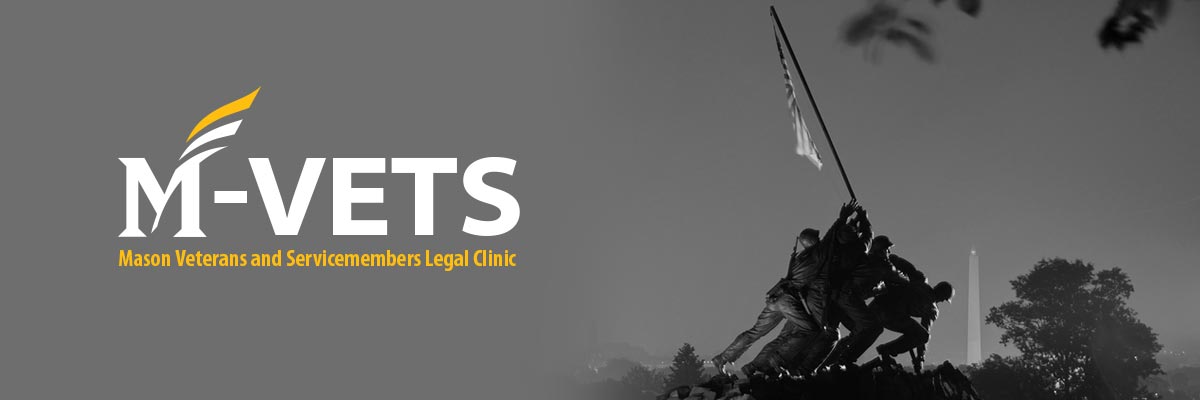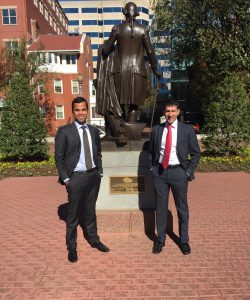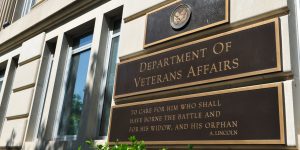By Fall 2016 M-VETS Student-Advisor Scott Schenking
For many divorced active duty service members, veterans working for the federal government or current federal government employees, the reality that they will move overseas for work is ever present. The result of this is often a request to your former spouse for approval for international visitation and cooperation in preparing the child for that travel. Read more



